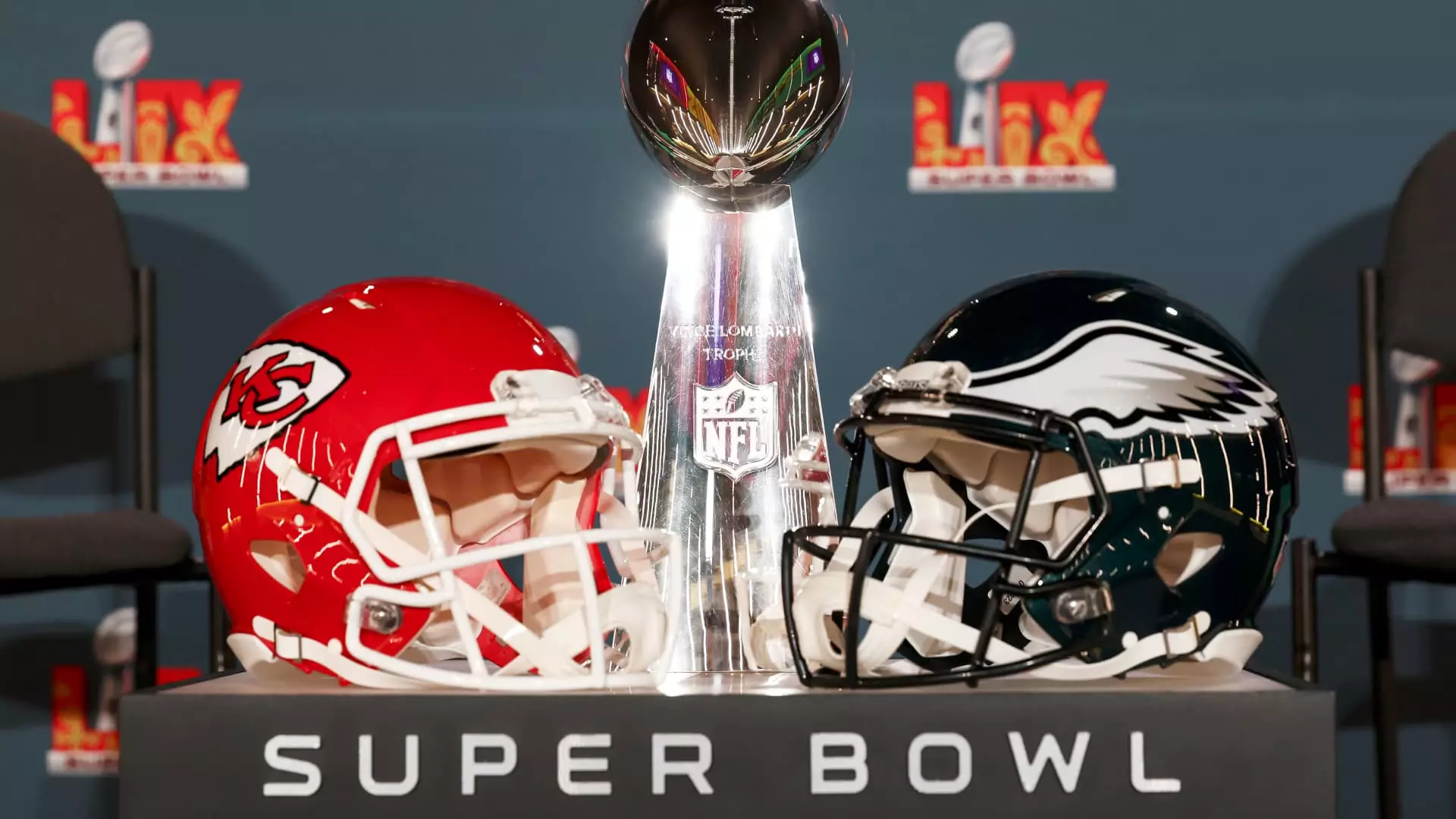The NFL’s recent efforts to clamp down on ticket reselling scandals appear to be more about damage control than genuine integrity. While the league announces fines on players and staff involved in reselling Super Bowl tickets, what remains glaringly absent is a deeper reflection on the systemic issues that foster such behavior. Instead of fostering a culture of accountability and transparency, the NFL seems to prefer superficial punitive measures that serve its public relations more than the sport’s moral health.
The focus on fines—more than 100 players and two dozen employees—serves as a blunt instrument designed to silence dissent and image concerns rather than tackle the root causes of greed, privilege, and institutional loopholes. Fining individuals is easy, but it doesn’t challenge the lucrative loopholes that make resale profitable or address why the culture in the league fosters an environment conducive to such misconduct.
Selective Enforcement Reveals Hypocrisy
What’s most troubling is the selective nature of this crackdown. The league’s decision to publicly target players and employees involved in resale activities while turning a blind eye to more substantial financial misconduct—such as lucrative broadcasting rights, sponsorship deals, and lucrative merchandise sales—reveals a skewed emphasis on surface-level scandals. This selectivity exposes the hypocrisy behind the league’s claims to uphold integrity, giving the impression that the NFL prioritizes image over meaningful systemic reform.
Furthermore, by cracking down on ticket resale at the Super Bowl—a high-profile, commercially sensitive event—the NFL reveals its obsession with controlling narratives rather than genuinely addressing the moral implications of a culture that allows billion-dollar corporations and wealthy elites to profit while fans and honest players are left in the dust.
The League’s Empty Promise of Fairness
The league’s measure of fairness—fines based on ticket face value—may seem equitable but ultimately prioritizes protecting the brand’s exclusivity. The policy prohibits employees and players from reselling tickets at a profit, yet this restriction is superficial in a world where access to seats often aligns with influence and wealth. It’s a hollow gesture that suggests the NFL wants to look ethical without disrupting the underlying economic inequalities that run through the league’s ecosystem.
Meanwhile, the league’s promise to enhance compliance training and increase penalties for future violations appears more like a hollow pledge. It is unlikely that these measures will deter those who see resale as a lucrative shortcut, especially given the immense financial disparity that already pervades professional sports.
A Missed Chance for True Reform
The NFL’s focus on fines and compliance upgrades misses a grander opportunity: to foster a culture rooted in genuine fairness and accountability. Instead of punishing individuals, the league should address the systemic issues—inequities that incentivize resale, the influence of wealth and privilege, and the opaque network of resellers and middlemen that profit off fan enthusiasm.
By merely penalizing a few individuals, the NFL perpetuates the illusion that misconduct is an isolated problem rather than a symptom of a fundamentally skewed system. True reform would involve transparency, equitable access, and challenging the economic forces that make resale profitable in the first place.
In the end, the NFL’s actions are a shallow attempt at damage control—a band-aid on a much deeper wound—highlighting its reluctance, or inability, to confront the underlying inequalities and moral ambiguities that define modern professional sports.

